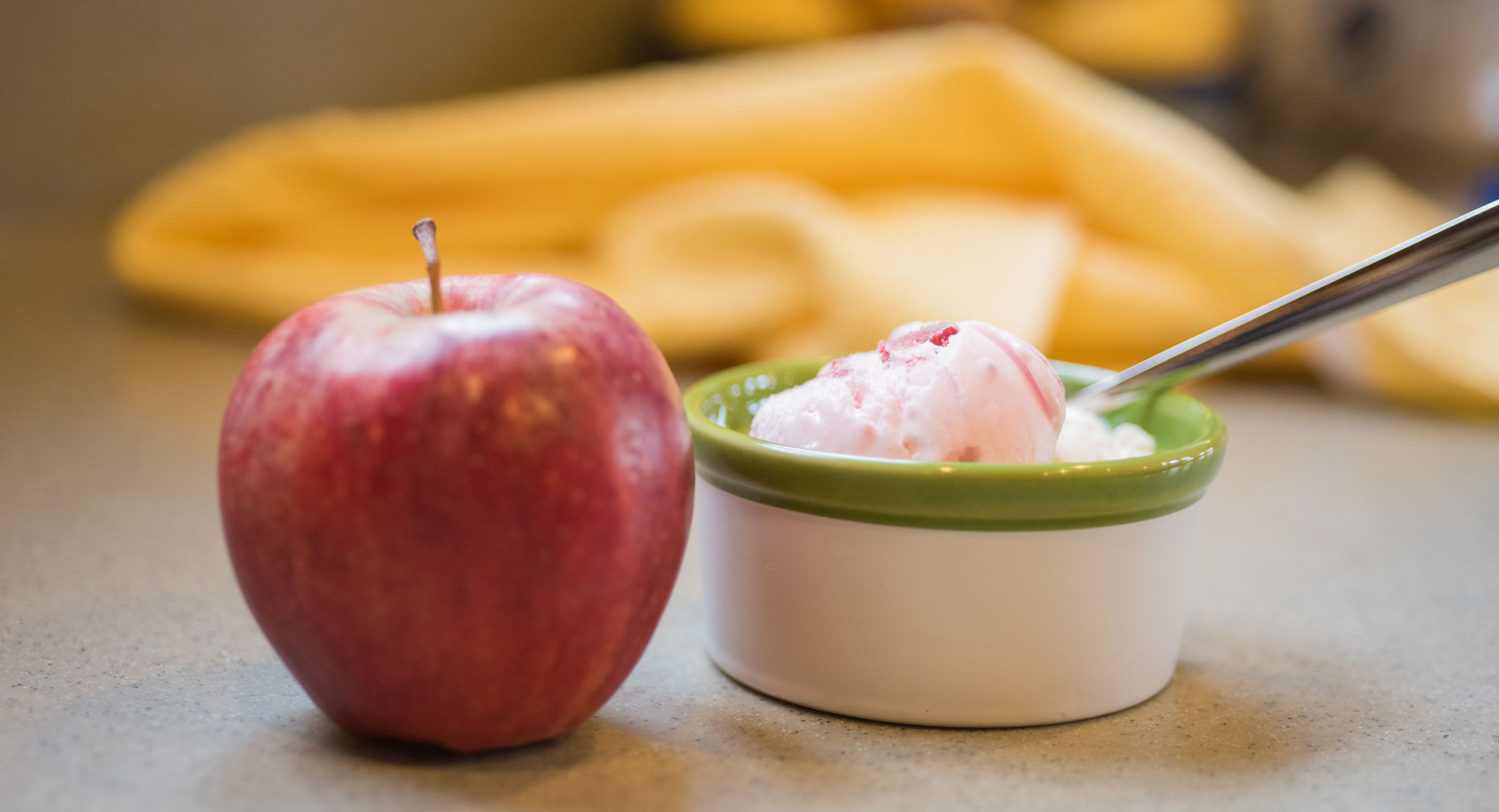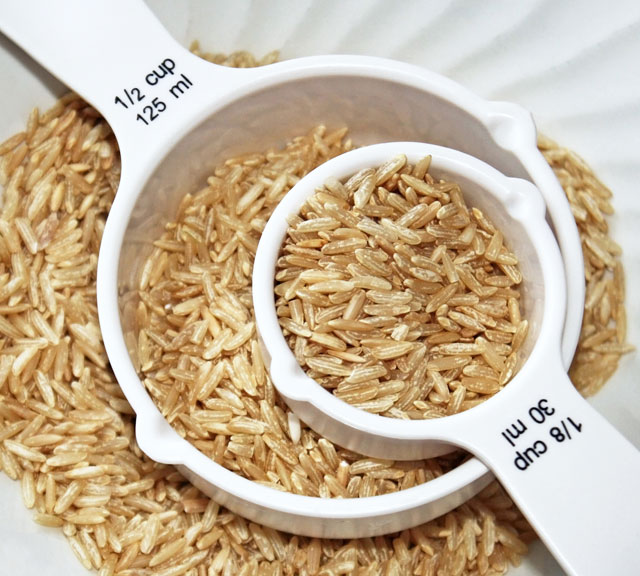Calorie Controversy: What’s True and What’s Not?

Answer a few questions and we'll provide you with a list of primary care providers that best fit your needs.
Snacking on a 100-calorie scoop of ice cream is the same as eating a 100-calorie apple, right?
Maybe not. Experts disagree on whether a calorie is just a calorie, no matter what the source. Some say that fats, carbs and proteins are used differently in our bodies. Others contend that it doesn’t matter.
A diet of any combination of foods in moderate proportions — including proteins, fats and carbs — will lead to weight loss if the total calorie count is low enough.
Does It Matter Where Your Calories Come From?
To begin with, a calorie is a unit that describes the energy content of food. However, nutritionists and others don’t agree that eating a piece of candy or an orange will affect your waistline the same way, even if they contain an equal number of calories. The debate centers on whether all sources of calories work the same way in maintaining body weight. Take a look at both sides:
- All calories are not the same: One argument is that some calories are more likely to be converted to fat than others. These scientists say that our metabolisms respond differently to 300 calories of sugar than to 300 calories of protein. Several studies indicate that we burn more calories from protein than from fats or carbs — potentially big news for diet-conscious folks looking to lose weight.
- A calorie is a calorie: Other experts argue that these studies involved highly obese people in a controlled setting. They may not be relevant to people living in the real world. And they pointed out that long-term studies lasting a year or more seldom reveal clear advantages of low-carb diets.
The Bottom Line — Eat Healthy, Eat Less
A diet of any combination of foods in moderate proportions — including proteins, fats and carbs — will lead to weight loss if the total calorie count is low enough. That means to lose weight, eat less. And there are lots of good reasons to cut down on sugar and easily absorbed carbs in soda, chips and other junk foods, and to eat more fruits, veggies and whole grains.

Nutritious diets should include a mix of carbs, proteins and healthy fats. Tips for healthy eating:
- Focus on fruits and veggies: These choices should make up half your lunch and dinner plate. Their vitamins, minerals and fiber may help protect you from chronic diseases.
- Eat low-fat dairy: They are a great source of essential nutrients that build bones and help maintain a healthy blood pressure.
- Go for the grain: Grains are linked to a lower risk of heart disease, diabetes and certain cancers. And whole grains are the healthiest of all because they are a better source of fiber and other important nutrients.
Answer a few questions and we'll provide you with a list of primary care providers that best fit your needs.
Source: Diabetic Life; pbs.org; Harvard Health; Eatright.org




